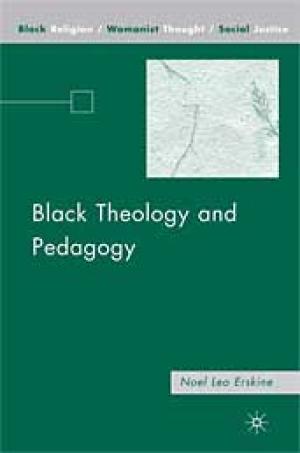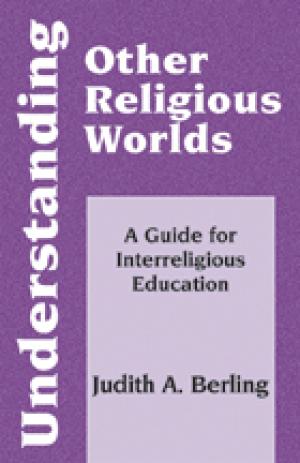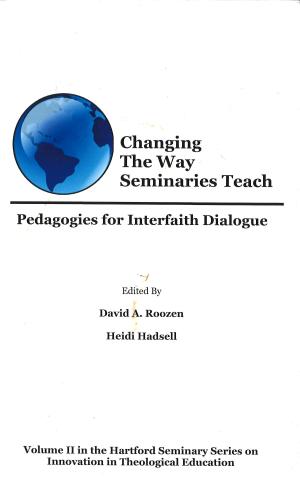Resources
This essay explores new ways of engaging diversity in the production of knowledge in the classroom using coloniality as an analytical lens. After briefly engaging some of the recent literature on coloniality, focusing on the epistemic dimension, the author uses the example of teaching a course on religion, culture, and theology, where he employs this analysis, to develop a new pedagogical approach as a step towards an intercultural, de-colonial theological education.

This project proposes to look at the emergence of Black theology as a discipline within the academy and how Black theology may serve as a resource for excellence in teaching. (From the Publisher)
This article builds upon the theological insights of feminist and womanist theologians with respect to the sin of self-hate, and explores the ways in which gay male cyberculture inhibits the spiritual development of gay Asian men. 

Articulates a learning process to help Christians improve approaches to understanding other religious traditions. Understanding Other Religious Worlds is built on the difference between learning facts about other religions and understanding them and their followers in a wholistic manner. Berling argues that incorporating the religious “other” in one’s own Christian identity is integral to living an authentic Christian life. (From the Publisher)

This book is about teaching, interfaith dialogue and theological education. The core of the book: six critical case studies of seminary taught, degree courses in interfaith dialogue. The cases give expression to a broad range of dialogical pedagogies and course formats, and they include the courses’ syllabi and bibliographies. By critical case we mean one that describes not only the context, content, methods and related goals and rationale of the course, but also presents an evaluation of the course and discussion of the implications of the evaluation for teaching interfaith dialogue in theological institutions. (From the Publisher)
One page Teaching Tactic: students compare two theology textbooks to gain a new understanding of diversity.
Teaching students to doubt, that is, to "test," theological arguments as one might test any other kind of knowledge is challenging in that the warrant for such testing is not immediately clear. Stephen Toulmin, Richard Rieke, and Allan Janik's model of reasoning provides a conceptual framework that demonstrates the logical relationships between a claim, its grounds, warrants, and backing for warrants. Against such a model, the instructor and students may study religious claims, both biblical and theological, with the aim of analyzing the ways such claims find support or a lack of support depending upon the particular ways that claims and evidence have competing warrants. Several pedagogical benefits ensue. First, students see that the validity for theological claims rests as much upon warrants as it does upon grounding. Second, searching for ancient warrants privileges historical-critical investigation. Third, competing warrants for contradictory theological claims summon pedagogical metaphors of process and development.
Opinion. Discusses the interplay among religion, education and multiculturalism in reshaping conscience. Persistent premise that not only salvation but also civilization was not possible without Christianity; Relaxing of exclusivism by the Vatican Council II to reach out to other faiths.